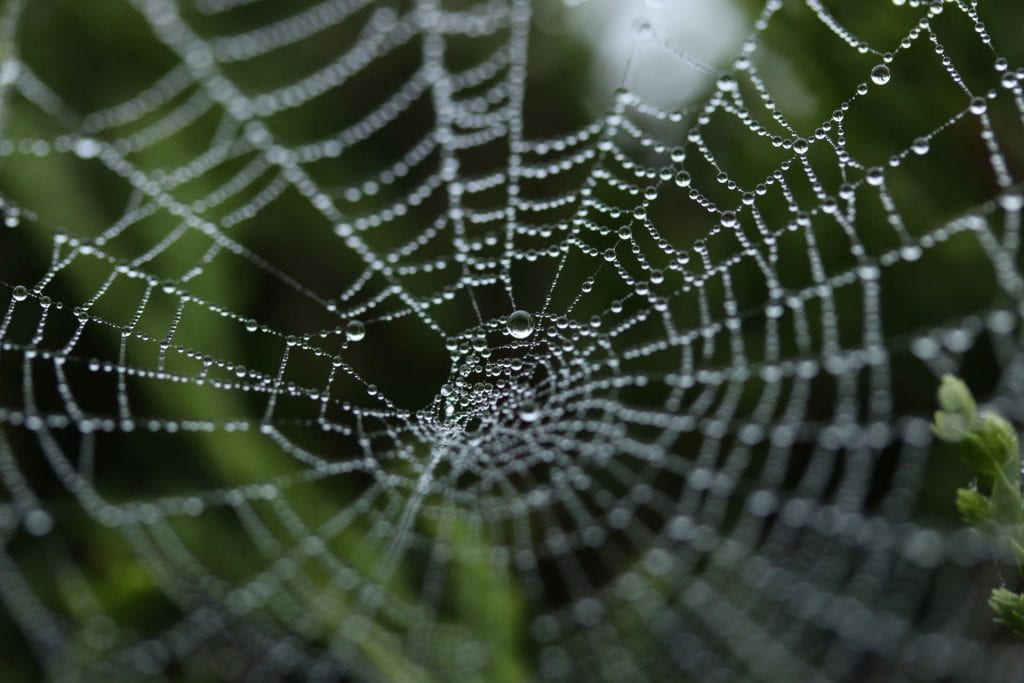
While only a simple turn of a calendar page from one month to the next, the beginning of a new year offers a conspicuous invitation to begin again with renewed vigor on the path to become the people we aspire to be. It is a convenient opportunity to re-commit to growth, healing, goodness, hope, and possibility.
I have often found inspiration in a line that’s apparently common in Zen Buddhist circles, which simply states, “This is it!” This moment. This situation. Now. Here. All of it. Because I am so prone to “fast-forwarding” in my imagination to an ideal future, this line reminds me to stay present to the reality before me. As a person of faith, I view the present as exactly where God has placed me to do the work entrusted to me. The present is a place to grow into the person I am called to become.
One of the frequent reminders we can take from the words and example of Saint Vincent de Paul echoes this insight. For Vincent, the calling and presence of God, that is, the movement of what he often named “Providence,” emerges in the circumstances of daily life. Vincent looked for this. He tried to pay attention to life events, to relationships, and to the challenges and opportunities before him because he understood that this was exactly where God was leading him. Vincent was also a lover of putting his ideals and values into practice in concrete ways—what he understood to be the practice of virtue.
We might say then that the “most Vincentian thing” for us to do as we begin this new year is to bring forth our “best selves” as we face the realities that surround us. To create spaces for the goodness in us and in others to come to the light of day, to be nourished and cultivated, shared, and put into practice in concrete ways. To begin again to work with energy and zeal toward the vision of life and community that reflects what we most value, and to leave behind all that works against it.
Let’s do this together for the benefit of all and for the flourishing of our DePaul community. And let me/us know in Mission and Ministry how we can work with you to do so!
Reflection by: Mark Laboe, Associate Vice President, Mission and Ministry








